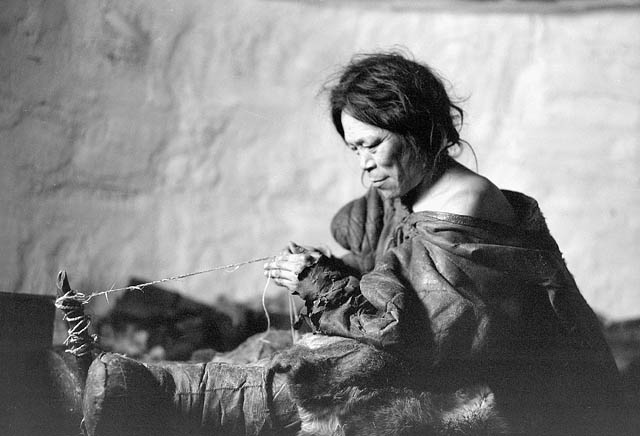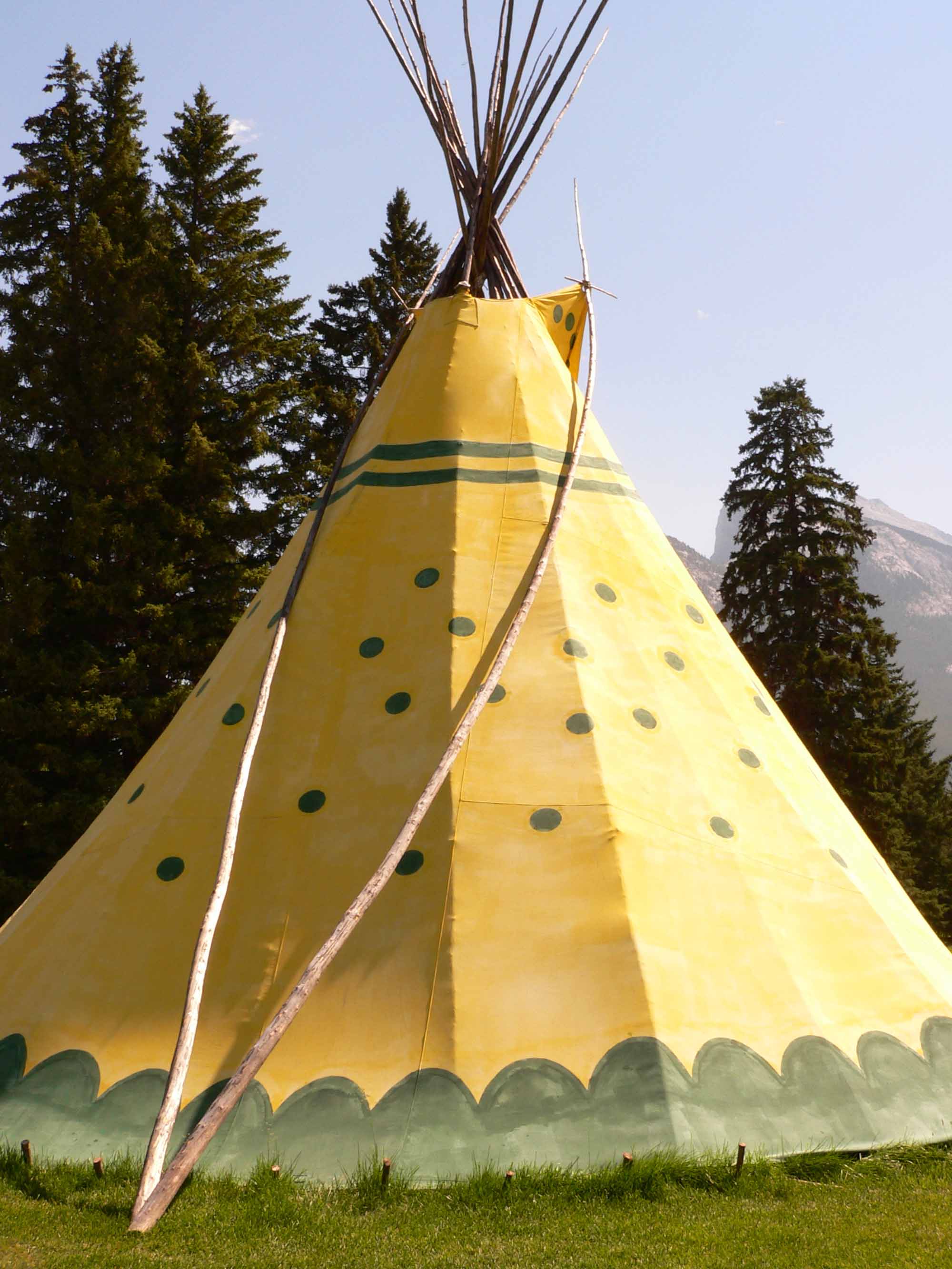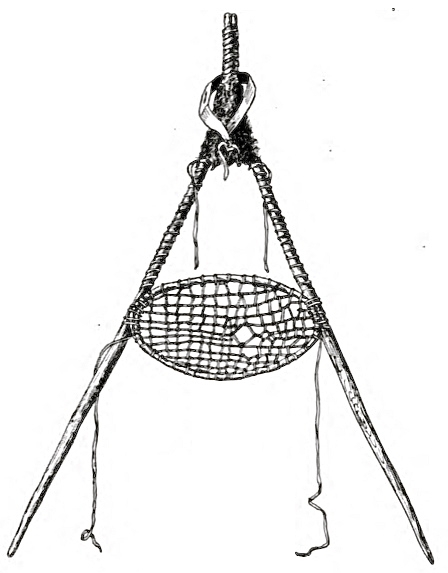Shaganappi is cord made of rawhide. The Métis once used shaganappi to repair and bind parts of their Red River carts and dogsleds. Today, many people know Shaganappi as a community in southwest Calgary, Alberta.

What is Shaganappi?
Shaganappi is a corruption of the Cree word pesaganappi, meaning to “shred in a circle.” Some sources also suggest that shaganappi comes from an Algonquian word that roughly translates to “flayed cord,” “rawhide thong” or “rawhide lacing.” (Alternative spellings of the term include shaggineppi and shaggunappy.)
During the settlement of the West in the mid- to late 1800s, the Métis used shaganappi to form the harnesses of dogsleds and Red River carts. They also wrapped shaganappi around the wheels of the carts, forming a sort of tire.
According to Frederick Webb Hodge, an anthropologist, archaeologist and historian (1864–1956), shaganappi was “an important factor in the economic development of the North-West” as it was versatile and widely used by Indigenous and non-Indigenous peoples alike. Similarly, Canadian writer George Monro Grant wrote in 1872 that shaganappi was an important and multi-purposed tool, as it took on the roles of “leather, cloth, rope, nails, glue, straps, cord, [and] tape.” Grant also wrote that without shaganappi, “the Red River cart, which is simply a clumsy looking, but really light, box cart with wheels six or seven feet in diameter, and not a bit of iron about the whole concern, would be an impossibility.”
How is Shaganappi Made?
Depending on the community, Indigenous peoples had different ways of preparing shaganappi. However, the process often involved cleaning the rawhide (often of bison), scraping off animal hairs and trimming the hide to a uniform thickness (if it was not already so). The hide was cut into long strips, sometimes greased and then left to dry. In certain communities, the strips were also pounded with a mallet or chewed to make them supple. Some Indigenous peoples braided the rawhide before use. In a similar fashion, Indigenous people also created a type of rawhide string called babiche.
Other Uses of the Term
Shaganappi has taken on different meanings over time. For example, a Shaganappi pony refers to a pony that is untrained or undersized. Many Canadians today will likely recognize Shaganappi as the name of a community in southwest Calgary.

 Share on Facebook
Share on Facebook Share on X
Share on X Share by Email
Share by Email Share on Google Classroom
Share on Google Classroom









